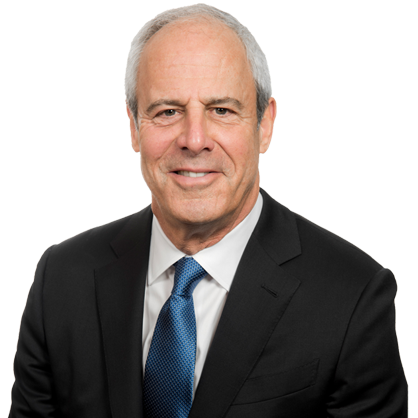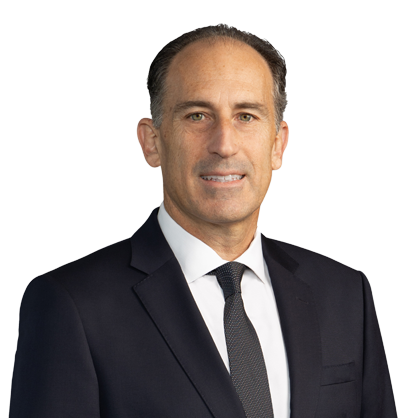Insights
Thought Leadership
Florida Governor Issues Stay-at-Home Order, Designates Essential Services During COVID-19 Pandemic
- Healthcare providers, including hospitals, doctors' and dentists' offices, urgent care centers, clinics, rehabilitation facilities, physical therapists, mental health professionals, psychiatrists, therapists, pharmacies, blood banks, medical cannabis facilities, healthcare device manufacturers, eye care centers, home healthcare providers, reproductive healthcare providers, and medical transport services
- Retail sales of household consumer products, including grocery stores, farmers markets, farm and produce stands, supermarkets, food banks, and convenience stores
- Food cultivation, including farming, livestock and fishing
- Businesses that provide food, shelter and social services to the homeless or otherwise economically needy
- Newspapers, television, radio and other media
- Gas stations and auto-supply and auto-repair stores
- Dealerships for new and used automobiles
- Banks and related financial institutions
- Hardware and gardening stores
- Contractors, other tradespeople, appliance repair personnel, home security firms, fire and water damage restoration companies, public adjusters, exterminators, and others who maintain the safety and sanitation of homes and other buildings
- Businesses providing mailing and shipping services
- Private colleges, technical schools and trade schools, but only as needed for online or distance learning
- Laundromats and dry cleaners
- Restaurants, for takeout and delivery only, including schools that provide free meals to students, as long as the meals are picked up curbside
- Office-supply stores that sell goods people need in order to work from home
- Businesses that supply other essential businesses and do not involve interaction with the public
- Businesses that deliver groceries, food, goods or services directly to residences
- Airlines, taxis and other private transportation providers
- Home-based care for seniors, adults or children
- Assisted living facilities, nursing homes, senior living centers and adult day care centers
- Professional services such as legal or accounting, when needed to comply with legal requirements
- Landscaping and pool care businesses
- Child care facilities, subject to restrictions on the number of children and how they are grouped together
- Businesses operating airports, seaports and other government facilities
- Pet supply stores
- Logistics providers, including warehouses, trucking, consolidators, fumigators and handlers
- Telecommunications providers, including for sales of computer or telecommunications devices
- Provision of propane or natural gas
- Office space or administrative support for any other essential business
- Open construction sites
- Architectural, engineering or land surveying services
- Factories, bottling plants or other industrial facilities
- Waste management services
- Any business that interacts with customers solely through electronics or telephones and delivers products through shipping, mailing or direct delivery
- Marinas and boat launches, docking, fueling and marine supply, with some exceptions for municipal boat launches
- Veterinarians and pet-boarding facilities
- Hotels, motels and other commercial lodging, subject to restrictions on restaurants and gyms and only for "essential lodgers," meaning healthcare professionals, first responders, National Guard members, law enforcement personnel, state or federal government employees, airline crew, patients and their families, journalists, displaced residents or visitors, persons sheltering due to domestic violence, hotel employees or contractors, people who are unable to stay in their homes due to exigent circumstances, and anyone providing direct services in response to COVID-19
- Mortuaries, funeral homes and cemeteries
- Alcoholic beverage sales
- Firearm and ammunition supply
- Businesses providing services to local, state or federal governments
Some of the other counties, including Broward and Palm Beach counties, expand on the list provided above by treating companies engaged in "electrical production and distribution services" and "moving, storage and relocation services" as essential.
Under EO 20-91, "essential activities" encompass:- Attending a doctor's appointment, with prior confirmation
- Attending religious services conducted in churches, synagogues and houses of worship
- Participating in recreational activities that are consistent with social distancing guidelines, such as walking, biking, hiking, fishing, hunting, running or swimming
- Taking care of pets
- Caring for loved ones or friends
For more Day Pitney alerts and articles related to the impact of COVID-19, as well as information from other reliable sources, please visit our COVID-19 Resource Center. COVID-19 DISCLAIMER: As you are aware, as a result of the COVID-19 pandemic, things are changing quickly and the effect, enforceability and interpretation of laws may be affected by future events. The material set forth in this document is not an unequivocal statement of law, but instead represents our best interpretation of where things stand as of the date of first publication. We have not attempted to address the potential impacts of all local, state and federal orders that may have been issued in response to the COVID-19 pandemic.





